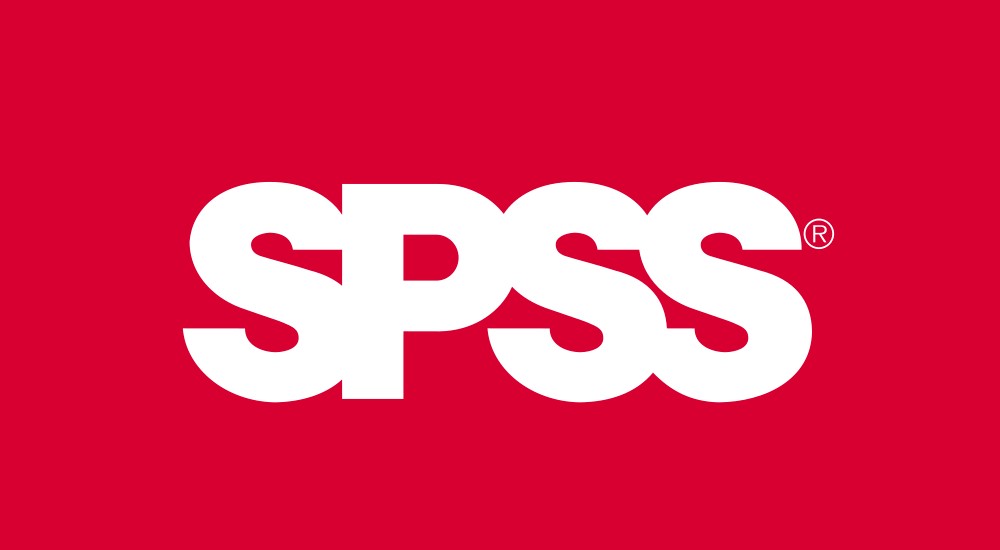
This comprehensive 5-day training course is designed to equip participants with the essential skills to effectively analyze survey data using IBM SPSS Statistics. From data preparation and management to conducting various statistical analyses and interpreting results, this course provides a practical, hands-on approach to transforming raw survey responses into meaningful insights. Participants will learn how to navigate the SPSS interface, choose appropriate statistical tests, and generate professional reports.
Throughout the course, we will cover key topics such as importing and cleaning survey data, performing descriptive statistics, creating various charts and graphs, conducting hypothesis tests like t-tests and ANOVA, analyzing relationships using chi-square tests, correlation, and regression, and exploring concepts of reliability and factor analysis. Each module incorporates practical sessions using real-world survey datasets to ensure immediate application and understanding of the concepts.
Who Should Attend the Training
Objectives of the Training
Upon completion of this course, participants will be able to:
Personal Benefits
Organizational Benefits
Training Methodology
Our training approach emphasizes interactive and hands-on learning. The methodology includes:
Trainer Experience
Our trainers are seasoned statisticians and data analysts with extensive experience in survey design, data collection, and statistical analysis using SPSS. They bring a wealth of practical knowledge from various research projects and industries, ensuring participants receive guidance that is both theoretically sound and practically applicable. Their expertise in breaking down complex statistical concepts into easily understandable components makes learning accessible and effective for all.
Quality Statement
We are committed to delivering high-quality training that is relevant, practical, and impactful. Our course content is meticulously designed, regularly updated, and delivered by expert facilitators dedicated to fostering a dynamic and supportive learning environment. We strive to empower our participants with the skills and confidence to excel in their professional endeavors.
Tailor-made courses
We understand that every organization has unique needs. We offer the flexibility to customize this training course to align with your specific objectives, industry requirements, and organizational context. Our tailor-made programs can be adapted in terms of content, duration, and delivery format to provide a learning experience that directly addresses your challenges and goals.
Course Duration: 5 days
Training fee: USD 1300
Requirements:
· Participants should be reasonably proficient in English.
· Applicants must live up to Armstrong Global Institute admission criteria.
Terms and Conditions
1. Discounts: Organizations sponsoring Four Participants will have the 5th attend Free
2. What is catered for by the Course Fees: Fees cater for all requirements for the training – Learning materials, Lunches, Teas, Snacks and Certification. All participants will additionally cater for their travel and accommodation expenses, visa application, insurance, and other personal expenses.
3. Certificate Awarded: Participants are awarded Certificates of Participation at the end of the training.
4. The program content shown here is for guidance purposes only. Our continuous course improvement process may lead to changes in topics and course structure.
5. Approval of Course: Our Programs are NITA Approved. Participating organizations can therefore claim reimbursement on fees paid in accordance with NITA Rules.
Booking for Training
Simply send an email to the Training Officer on training@armstrongglobalinstitute.com and we will send you a registration form. We advise you to book early to avoid missing a seat to this training.
Or call us on +254720272325 / +254725012095 / +254724452588
Payment Options
We provide 3 payment options, choose one for your convenience, and kindly make payments at least 5 days before the Training start date to reserve your seat:
1. Groups of 5 People and Above – Cheque Payments to: Armstrong Global Training & Development Center Limited should be paid in advance, 5 days to the training.
2. Invoice: We can send a bill directly to you or your company.
3. Deposit directly into Bank Account (Account details provided upon request)
Cancellation Policy
1. Payment for all courses includes a registration fee, which is non-refundable, and equals 15% of the total sum of the course fee.
2. Participants may cancel attendance 14 days or more prior to the training commencement date.
3. No refunds will be made 14 days or less before the training commencement date. However, participants who are unable to attend may opt to attend a similar training course at a later date or send a substitute participant provided the participation criteria have been met.
Tailor Made Courses
This training course can also be customized for your institution upon request for a minimum of 5 participants. You can have it conducted at our Training Centre or at a convenient location. For further inquiries, please contact us on Tel: +254720272325 / +254725012095 / +254724452588 or Email training@armstrongglobalinstitute.com
Accommodation and Airport Transfer
Accommodation and Airport Transfer is arranged upon request and at extra cost. For reservations contact the Training Officer on Email: training@armstrongglobalinstitute.com or on Tel: +254720272325 / +254725012095 / +254724452588
| Course Dates | Venue | Fees | Enroll |
|---|---|---|---|
| Apr 20 - Apr 24 2026 | Kuala Lumpur | $8,000 |
|
| Apr 13 - Apr 17 2026 | Toronto | $7,000 |
|
| Mar 02 - Mar 06 2026 | Los Angeles | $6,950 |
|
| Mar 16 - Mar 20 2026 | New York | $6,950 |
|
| Feb 09 - Feb 13 2026 | Marrakesh | $4,500 |
|
| Feb 02 - Feb 06 2026 | Istanbul | $6,500 |
|
| Jan 26 - Jan 30 2026 | Nanyuki | $1,500 |
|
| Platform | Price | Access Duration | Enroll |
|---|---|---|---|
| Online LMS | $1,300 | 30 Days |

Armstrong Global Institute
Typically replies in minutes